Jiba Pepeny (Star Baby)
Supporting your journey after losing Bub





This resource was made by Aboriginal people, for Aboriginal people with the support of the Stillbirth Centre of Research Excellence and Mater Research.
As Aboriginal people, we sadly have higher rates of stillbirth than our non-Indigenous friends. The Stillbirth Centre of Research Excellence and its partners identified there is not much access to services or resources that are culturally supportive, responsive and safe that are directly related to stillbirth and caring for families during Sorry Business of a bub who passed.
We know that as Aboriginal people, we do best when we are together. Whether that is together in celebration and joy, or hard times and grief. We know that supporting and being there for each other, with our Aboriginal ways of knowing, being and doing is what gets us through our grief and pain, and what supports us to start healing.
This resource is our way to support you through the Sorry Business of losing your little bub. We hope this guide not only gives you information so that you can feel strong in the decisions you are making for yourself and Bub, but that it also feels like a big cuddle from an Aunt you know, who always gives the best ones.

We acknowledge the traditional lands on which you hold this guide, on the land on which your bub was born, and the lands that you belong to. We acknowledge the Traditional Owners and pay respects to our Elders, past and present, acknowledging our continuing roles of being Caretaker and Custodian on the lands from which we are from.
We acknowledge that you are currently in Sorry Business. We acknowledge the cultural roles and responsibilities this carries, and that this varies between Aboriginal groups all over the country.
We respect your grief and honour your process through it.
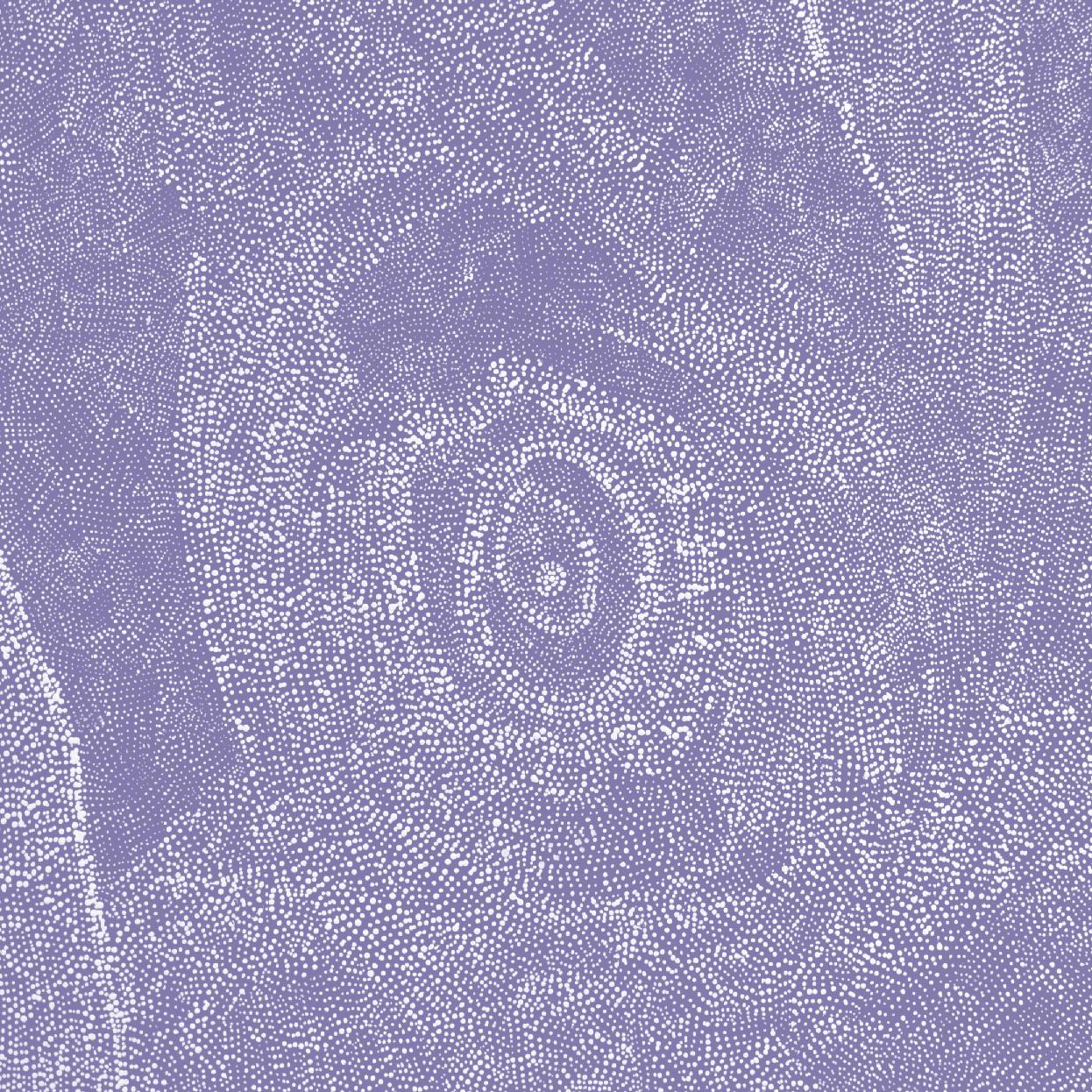
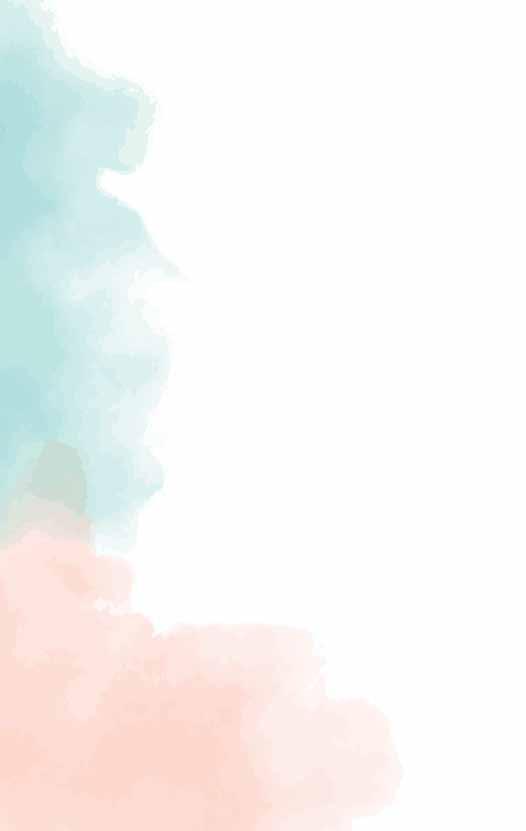

This resource is a guide, to look after you on your journey.
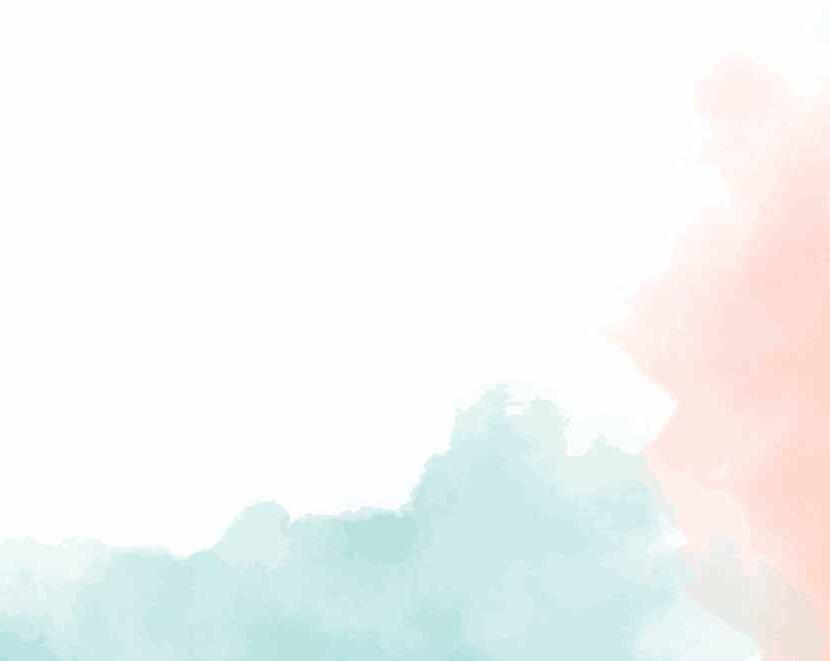
You will be talking to lots of different people at the hospital during this time. You can bring this guide with you so you can take notes (or get someone to help you), use it to help you remember, or just to draw in if you need something to focus on when you are having hard yarns.
It is here to give you information so that you, your family and your health care team can do what is right for you.
It is a place to ask questions, to work out what you want to know.
It is a place to reflect.
It is a place you can come back to. You can open and close the pages as many times as you need.

A reimagined story
When we look up and see the Milky Way, we see a white hazy part. This is the Sky Camp and it is made by many camp fires in the sky, all the white parts are the smoke from the fires. It is known as ‘Warring’ and is a galaxy that even includes Earth’s sun as one of its millions of stars. The Milky Way is the biggest place and in big flat desert Country, you can see the Sky Camp for a long way.
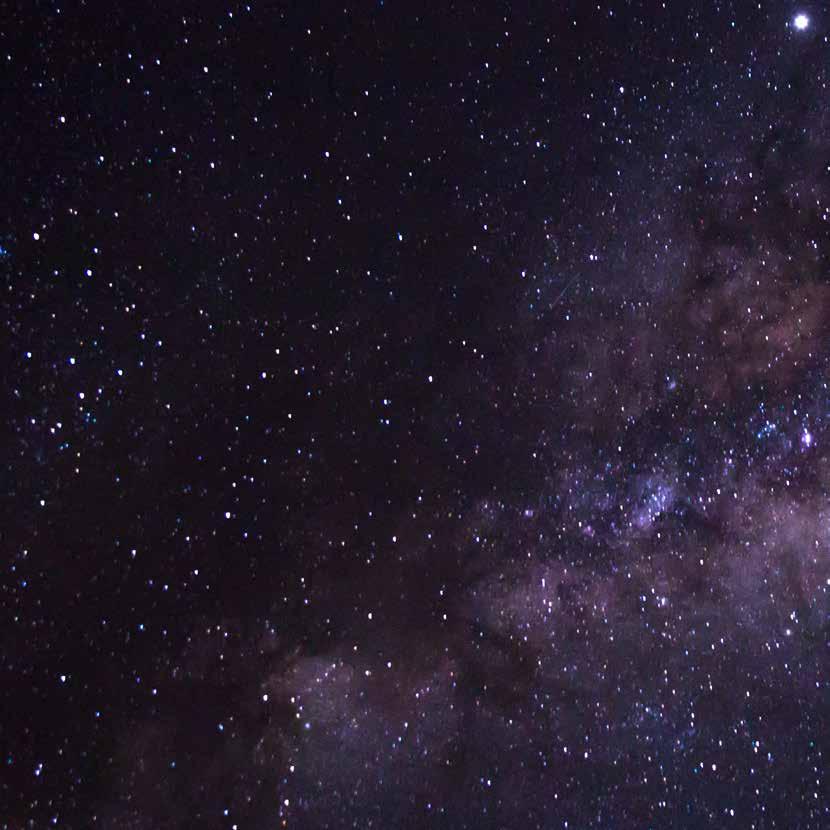
When you look up at the Sky Camp, you know there are many, many stars beyond it. Many galaxies even. We like to think that when our bubbas couldn’t stay with us, they travel back through the stars. They stop by the Sky Camp, get warm by the fire and cleansed by its healing smoke. Then they travel through, back as spirit, in the stars.
We see different parts of the Milky Way at different times of the year as it turns around the Earth. It is always there, we always know it is there in its fullness, with its healing smoke from the sky campfires, holding us through the night.
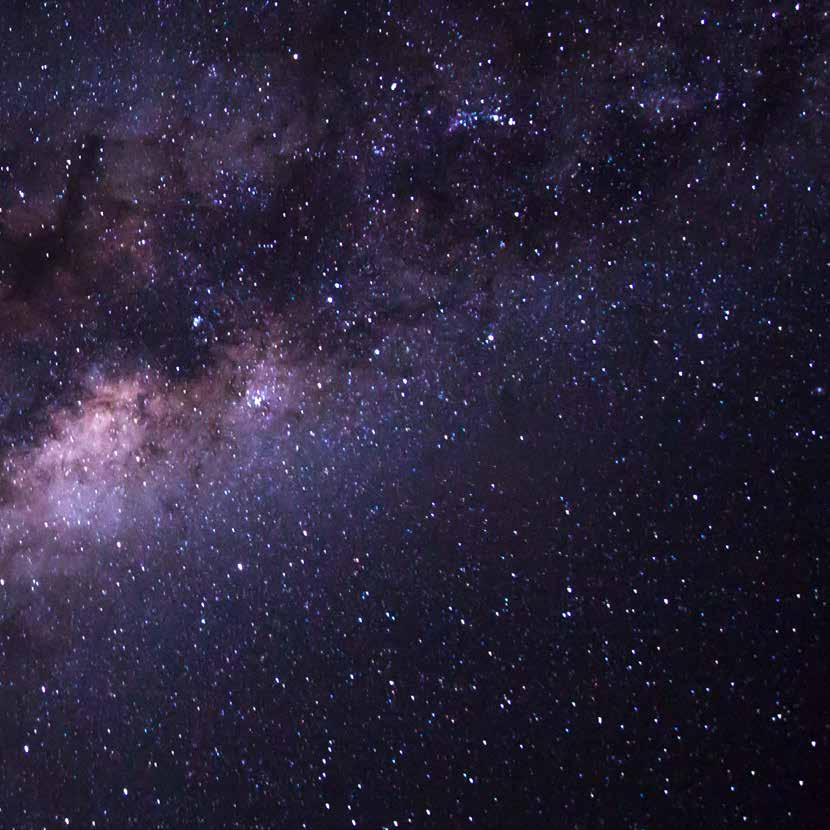


Holding this guide probably means you’ve lost your beautiful Bub. We are so sorry.
When you first hear the news, it’s hard to think straight. Health care staff in the hospital will be giving you information and it might be hard to understand what’s being said.
When you hear something shocking and are in grief, it’s normal be confused and forgetful. It’s hard to remember information, especially when it’s about things you haven’t had to deal with before.

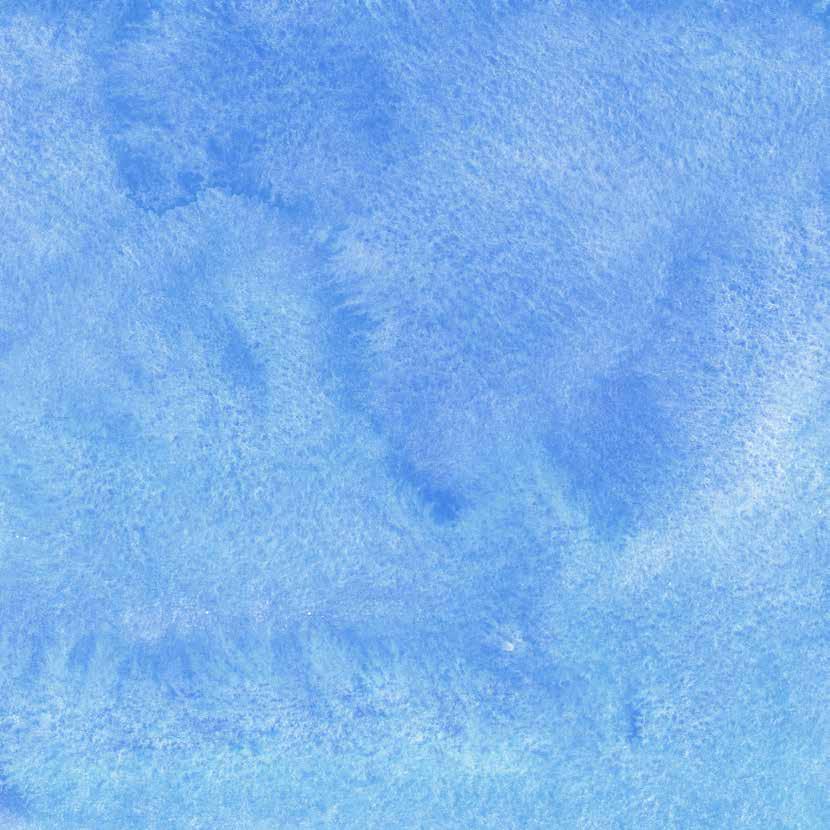
You can ask your health care team to repeat something as many times as you need. Write it down or ask for them to explain it in a way that is easier for you. They won’t mind, they are there to care for you and Bub.
Being involved in Bub’s care and making decisions with your health care team will make you feel strong, even if you don’t feel it at the time.
“When I was first told about Bub, everything stopped. Like time just stopped and I didn’t know what they meant when they said Bub had no heartbeat. In my head I was just thinking if she had no heartbeat then they should just fix it, you know. I couldn’t think straight. I held my partner’s hand for the longest time and we just sat there crying. It was hard to sink in. I am glad I had my partner by my side. The midwives gave us space and privacy which was helpful. I didn’t want them in and out all day long. It gave us time to digest the information before having to think of the next decisions.”


Think about who is there to support you. Who’s your mob? Do you have family who need to involved in decision making and care about Bub?
Do you have a Sister, Aunt, Mum or Nan who can come when there are going to be yarns about Bub? Does your partner have someone they can count on?
Midwives and doctors will be the main carers for you and Bub.
They will be there when Bub is born. Midwives look after you in the days after Bub is born too— making sure you are well and your body is healing after the birth. The health care team are around 24/7 while you are in hospital and they will yarn with you and answer any of your questions.
Aboriginal health workers/ practitioners can be around for cultural and practical support. They can come have a yarn and cuppa with you.
Remember: This is your bub. Even though Bub has passed away, you are your bubba’s parent. You make the decisions for them and involve who you need to in this care. You can ask for extra support for yourself too.
There is no shame job in asking, you don’t need to do this alone.

“Hospital staff were talking about investigations and tests for Bub. I couldn’t make decisions alone. My partner, Mum and Aunt needed to be with me to decide. Once they were there, I felt calmer. Having them around made me feel strong. It felt scary, having to think about these things for Bub. Having family around made it easier.”
When we are sad and in Sorry Business, it can be hard to remember information. We’ve put a few questions down here but you can write down (or get someone else to help write down) more questions you think of.
You might want to ask:
Who are the main people on your health care team, and how can you get in contact with them?
Are there things you want your health care team to know (any cultural or spiritual needs)?

Will your partner or support person be able to stay with you?
Are there people you would like to support you making decisions about Bub?
Would you like your health care team to contact someone for you (family, friend or Elder)?

What else do I want to know?
Other questions I have or information I want to know:
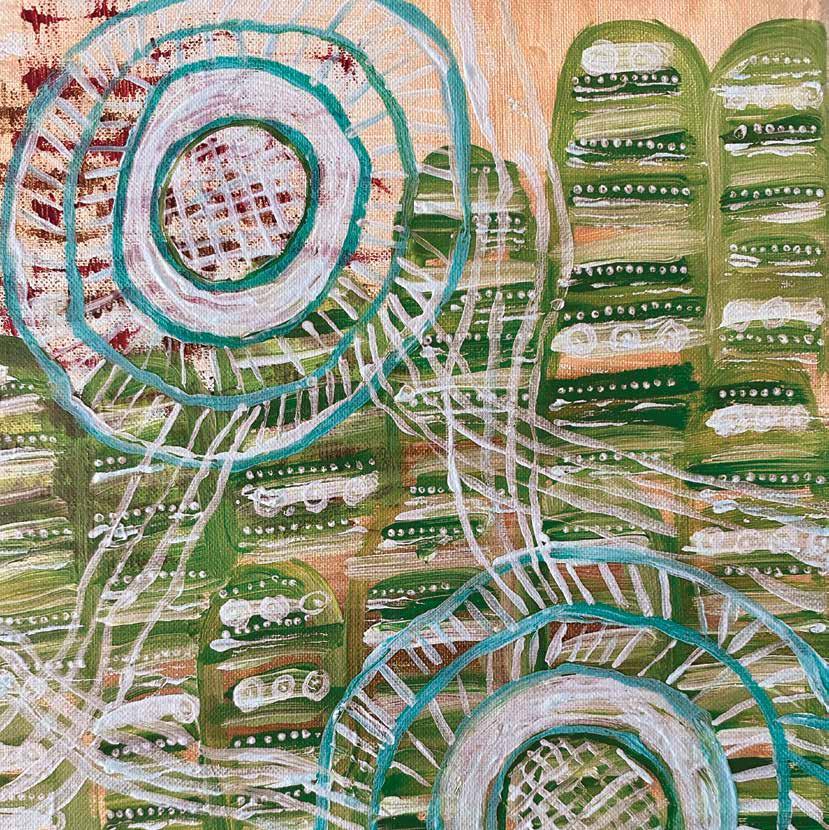
When you’re told Bub has passed or might only live for a little bit, you and your health care team will yarn about how Bub will be born. Even when it feels hard—you still need to have these hard yarns.
The birth of Bub depends on a few things. There might be no rush for Bub to be born. Sometimes there might be health problems that means Bub needs to be born sooner rather than later.
Most of the time there is no need for a caesarean and normal birth is safest. This can be better for your body, mind and spirit health, including for future pregnancies. It all depends on your health and medical history. Your health care team will have a yarn about it.
Have your partner, Sister, Nan, Mum, Friend, anyone!
Anyone with you who makes you feel good and safe. They can support you while you make these decisions.
Remember:
This is your body and your baby. You are strong even when you don’t feel like it.
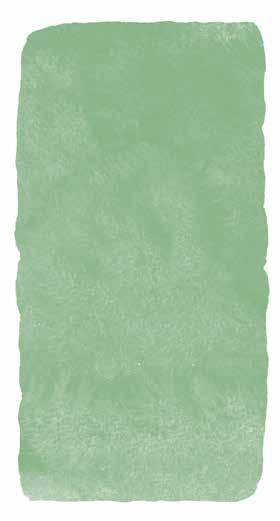
Keep asking questions. No need to be shame job for asking about your health and about Bub.
Take your time to make decisions.
You can be in control of what happens, even when you feel heavy with sadness.
You can change your mind about decisions you made.
Birth is Bub’s first ceremony, even if they have passed away.
How do I want to birth Bub?
What will keep me strong?
Ideas: Natural birth
Using water (shower)
Walking around
Gas (nitrous oxide)
Epidural
Who is supporting me in birth?
Ideas: Partner
Mum, Sister, Friend
Aboriginal Health
Worker/Practitioner
Strong Woman
Djäkamirr
Ideas: Photos of family
Music
Scent (oils)
Objects from Country— shells, rocks, leaves
Dim lights
What will make the birth space calm?
Do you have specific things you don’t want to happen?
Don’t bring male health care providers in the room
Don’t use too many words when talking to me
Don’t offer me pain relief
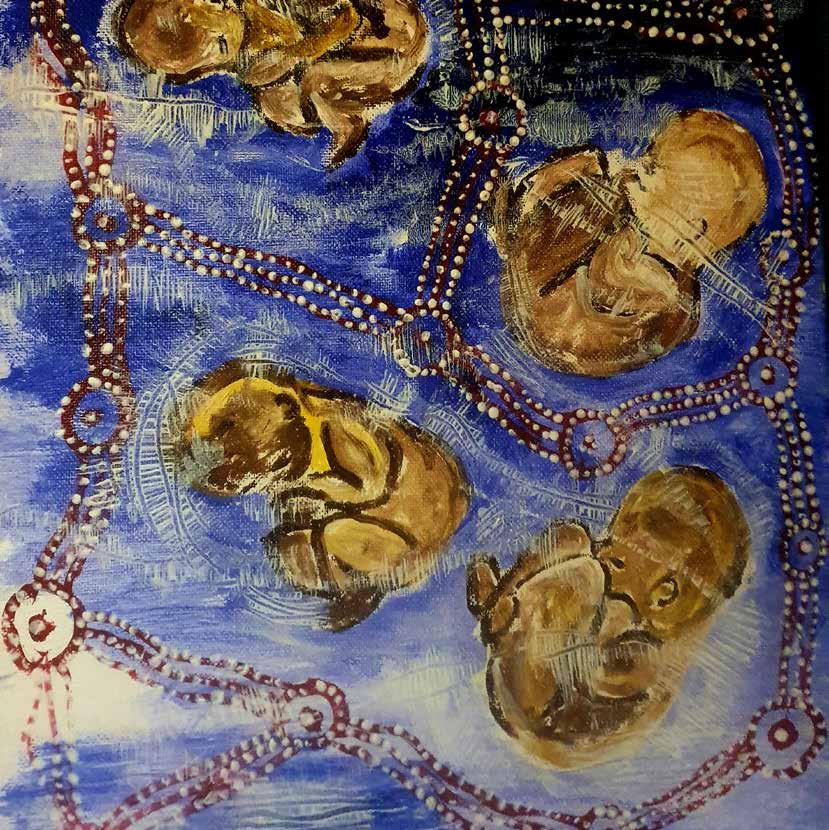
Birth is your bub’s first ceremony. You are still the parent of a beautiful Traditional Owner of the lands on which you are from.
We acknowledge there will be lots of different feelings once your bub is born.
We acknowledge that the passing of your baby means grief and pain on lots of levels. Not just physically and emotionally, but grief in all parts of your connection to this baby, through community, culture, Country, Spirit, Ancestors and Dreaming.
Choosing how to spend the first hours with your precious bub is a very personal decision.
You can’t make a wrong choice on how to do it.
You choose the right way for you.
Culturally, what does your spirit need?
Are there things that will help you and Bub in that first day? What is important to you?
If you don’t know, that’s ok too. It’s ok to ask people around you to help think of ways that will support this hard journey.
Meeting Bub for the first time. What do you need?
Who do you want in the room at the birth?
How do you want to meet Bub for the first time?
What can support you?
Ideas:
Skin-to-skin contact straight away
Bub goes straight to your support person
Bub is wrapped in a blanket
Don’t want to meet Bub straight away
You can write what you need for bub in the coolamon picture.

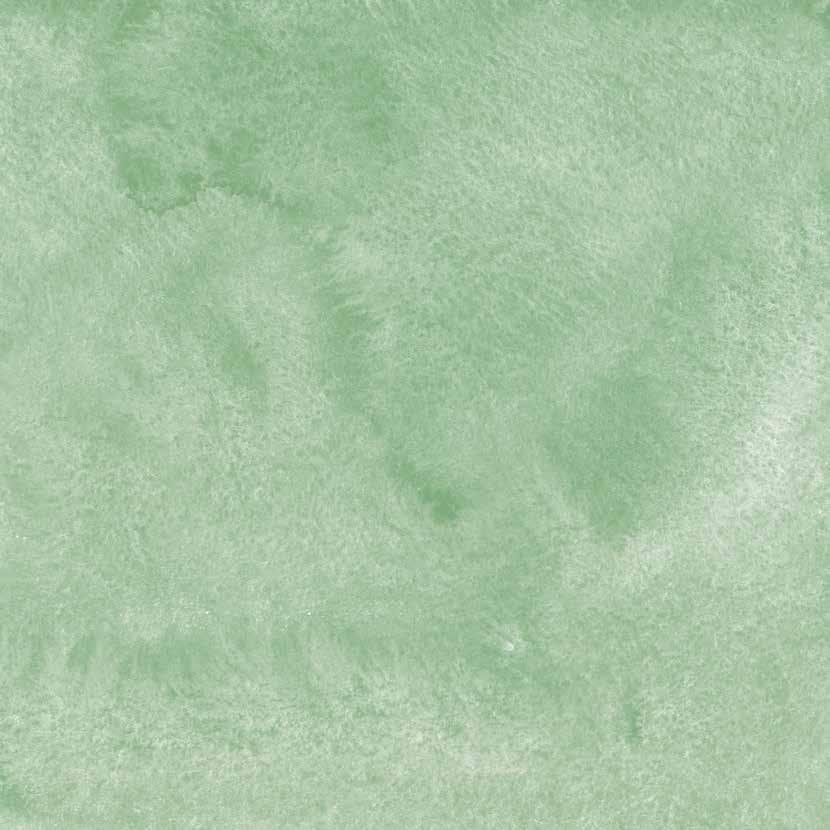
Ideas:
Cutting/burning the umbilical cord
Not much talking
Not saying Bub’s name
Limited people
Elder to come in
Investigations, including autopsy after the birth of Bub.

After Bub is born, there will be some hard yarns with your health care team about what’s next with Bub.
You may have been asked to think about investigations to understand why Bub has passed away, including autopsy. That can sound scary if you don’t know what this means or have never heard of this before. This is one of the hardest decisions for families when they’ve lost Bub. Your culture and ways of knowing, being and doing is important and valued in this journey.
Don’t be afraid to speak up. This is your Bub. You decide what you need for you and Bub.
You will probably have a lot of questions or worries when thinking about investigations or an autopsy—most families do. Here are some common questions and answers. Your health care team will yarn more if you need.
“I’m a proud Wergaia mother and it was important for me to return my Bub to Country, whole and perfect, just as she was. I chose not to have any investigations at all for Bub, it was my family's choice, and we felt strong in that decision.”

What is an autopsy?

An autopsy is an examination of Bub’s body after they have passed away to understand more about what happened. There are ‘limited’ or ‘full’ autopsies. Limited autopsies look at the outside of Bub’s body. Full autopsies mean they make surgical cuts to look inside Bub’s body—a bit like an operation. Autopsies can find things you may not see when just looking at Bub.
Where will Bub be taken for autopsy or other investigations?
Not every hospital can do these investigations and if they can’t, Bub will go to the closest hospital that can. If Bub needs to go to a different hospital, the health care team will talk to you first.
How long will they be gone?
It depends where Bub is being taken to. Bub will be returned to your birthing hospital or funeral home once investigations are done. The investigations usually only take a day to do.
Who will take care of Bub?
A perinatal pathologist is who will do the investigations on Bub. They are highly trained at what they do and they treat Bub with care and respect.
Can I see Bub afterwards?
Yes, you can see and hold Bub afterwards if you would like.
What will Bub look like afterwards?
There will be some changes to how Bub looks. This depends mostly on how long Bub was away and what was done. You might notice some stitches. Bub will feel very cold but you can still hold them in your arms and close to your warm heart.
When will I get the results?
It might take months but it depends. Sometimes there is still no answer even with an autopsy. Someone from the hospital will contact you to make an appointment as soon as there are results.
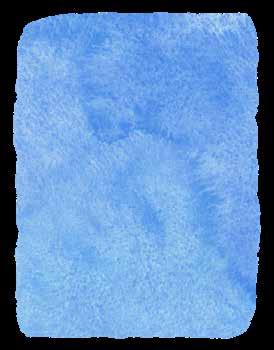
“We chose an autopsy for Bub even though we knew that we might not get answers. The thought if there was something they found that could help another bub to make it, then it was worth getting it done. We did it as a way to honour Bub, who was a strong one, and as a way to get answers that would help our whole community.”

Write some of your questions to ask your health care team here:

Although you would have been having hard yarns and making decisions you wish you never had to, you still have time to honour your little one in your journey.
Honouring your bub and creating memories is powerful. It gives space for you to grieve, supporting you in Sorry Business and your healing journey.
Different mobs have their ways of honouring those who have passed. We honour each family in Sorry Business doing things their way.
You know the right way for your mob and your bub.
Some ways I know I want to honour Bub are:
Some mobs use possum or kangaroo skin to lay Bub in. The family have the skin sewn together with sinew, each one unique to each Bub. Soft animal skins carry our bubs, keeping them warm and comfortable.
If you have access to an animal skin from a family member you could rest Bub on that for a while—honouring their life and acknowledging their connection to Country. Do you want photos taken of Bub?
Carrying Bub in the coolamon is another traditional practice. The coolamon is carved out of a tree, watered and shaped. Is there a coolamon in your family you could cradle Bub in?

Wrapping and cradling our bubs often comes natural to us, even if Bub is born still. You will know what feels right. If you feel too overwhelmed or unsure, ask someone in your family or community who is safe and trusted to you.
“At our service we have coolamons ready for babies to rest in. The families bring in a blanket and we put that down first. Bub is placed in gently and the whole room gets quite and it feels so special. Families say they felt like their Bubs spirit is connected to Country when they are laying in the coolamon, made from the trees, holding them peacefully.”

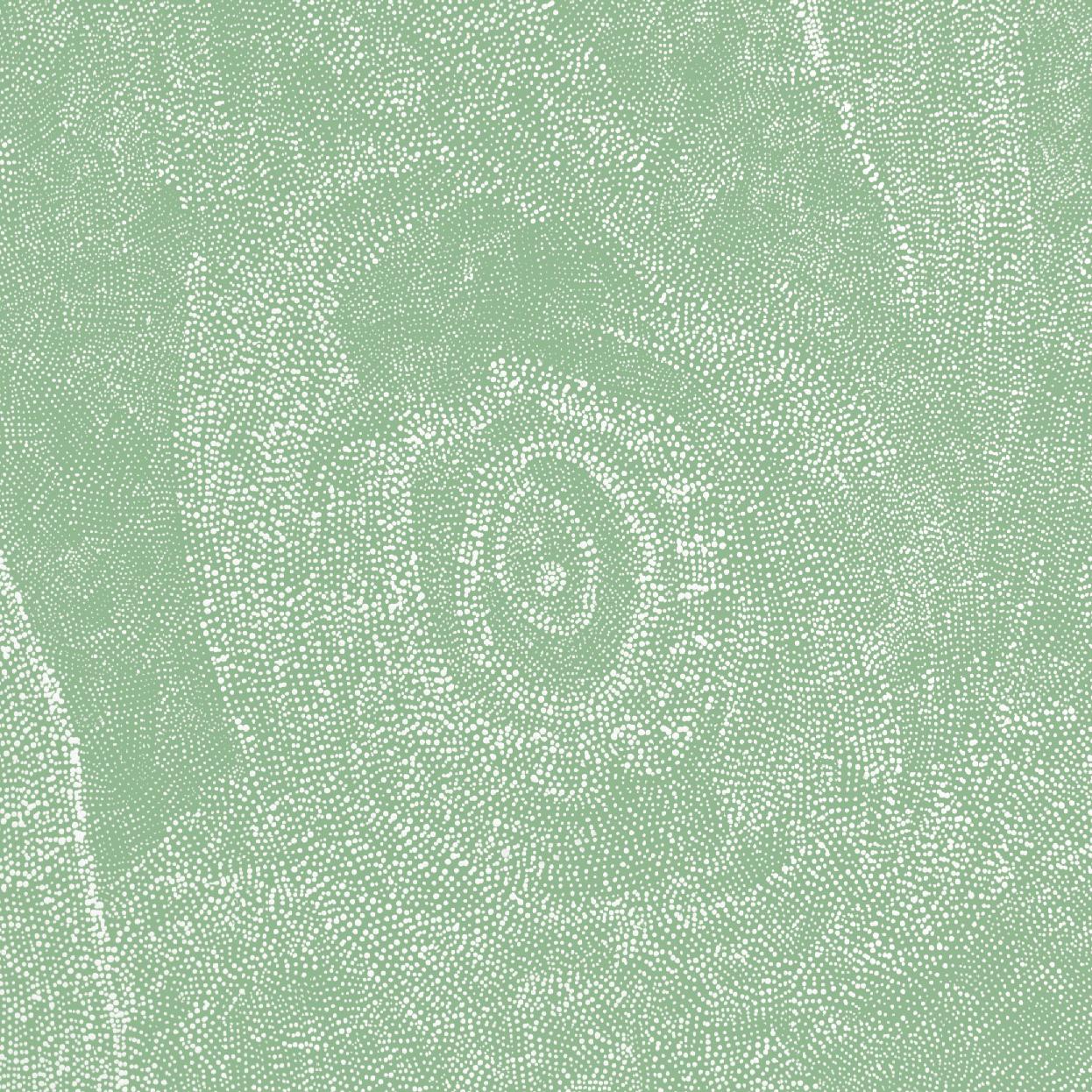

Being painted up is a ceremony we’ve done for a long time.
Painting up Bub or choosing someone important to you to do it, may be a way to honour Bub, recognising Bub went through their first ceremony and their last ceremony at once (birth and passing away).
Depending on your Country, you might use white paint for Bub. You can use whatever is a part of your Country—anything that feels right to you. It could be red dirt, ochre or very watered down clay.
If you are coastal or river mob, you might get family or friends to go bottle some of that water
and bring it back to put on Bubs hands, feet or face. You and your family decide what is best. You will be supported in your decision and you are allowed to do this in hospital.
Even if you don’t know much about your Culture and Ancestors, you can share in Culture with Bub, even when they are born still.
You don’t have to go out bush to do this, unless you want to, or are able to. You can do this in the hospital or at home.
You can bring Country to your Bub no matter where you are.
“At the time we lost Bub, we didn’t think of much at all that we wanted to do. The sadness took over and I was too numb. We didn’t do anything until it was Bub's funeral and that’s when my partner painted up our son. He painted him right there at the funeral place and my sisters had clap sticks. We wanted to sing but it was too hard. But we did this for our son, this way, at the funeral. This was the right way for us. He looked perfect and ready for ceremony, my son. My beautiful Star Baby.”


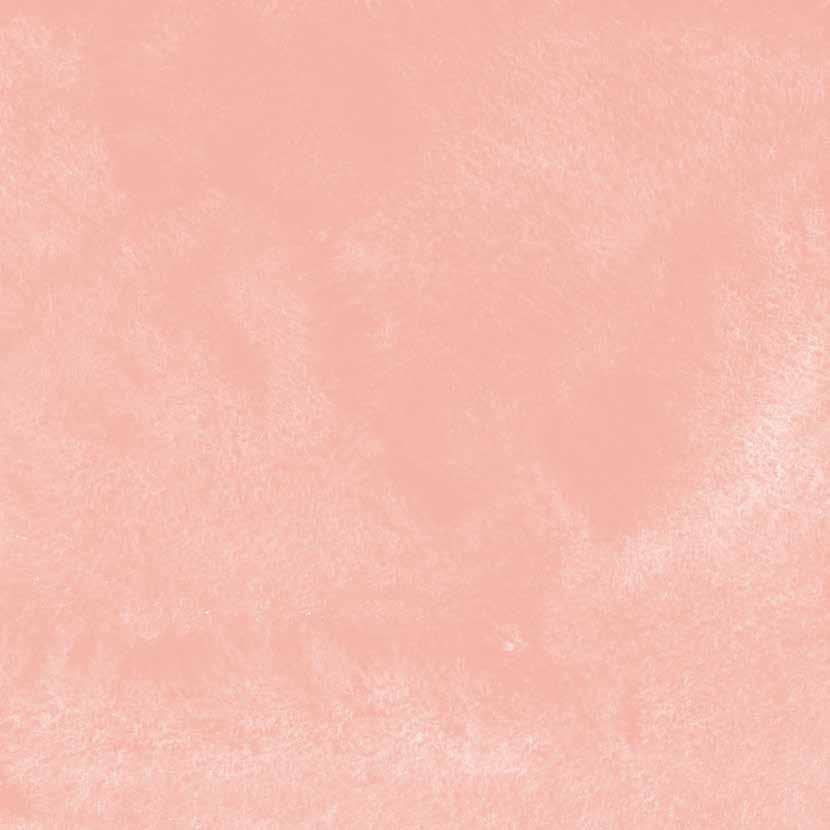
Smoking ceremonies burn certain leaves to create smoke. We use if for cleansing and purifying certain places, ourselves and each other. We use it to cleanse the spirit and heart.

Lots of mob use smoking ceremonies for Mummas after giving birth and for Bub too. This can be done by family or community you feel safe with. The cleansing smoke makes us feel good and connects us back to Country and Spirit. Smoking ceremonies can cleanse Bub and honour them.
Fire and smoke are important to our cultural ways of knowing, being and doing.
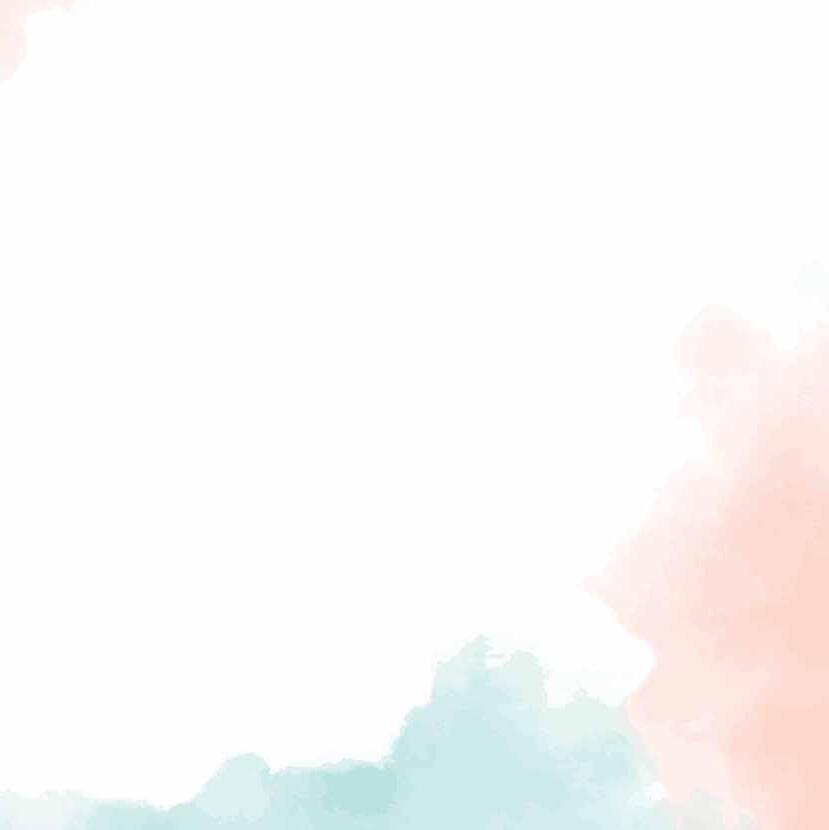
“On the day of Bubbas funeral, Uncle made the fire out on the grass in the backyard. He made it big and I held my Bubba in my arms and we passed over the smoke, again and again and again until it felt right to stop. I felt like it helped Bubbas spirit go over, you know? That process of cleansing. It felt like it helped me too. We were all there together, cleansing so we could send my son off peacefully.”



The placenta is the organ that connects Bub to Mum. It gives Bub oxygen and nutrients and takes away waste. For many, burying the placenta means connecting Bub back to their Country.
Even if bub is born still, it can be a way to connect and nourish Country and to acknowledge
your little one on their lands. Even if you are far away from your Country, you can still do ceremony for your bub. This is your journey and you can bury the placenta where it feels right too. There are some places that even have placenta gardens for those who can’t take their placenta back to Country, or don’t have space where they live, or can’t take it for any reason.
“I knew I needed Bub's placenta back in the ground on our Country. To me, it means that Bub is connected to her place, even when she was gone. It helps our family to be strong because a part of her is still here. It was raining just a little bit but that was ok. We dug a hole and covered it with sand knowing she was safe. When we walked back to the car, we saw a rainbow. We knew we did the right thing and that our Bub was safe. We go back to that place when we want to connect. It is our special place now and it gives me comfort.”

Leaving hospital without Bub in your arms will no doubt feel hard. You might feel numb, exhausted and overwhelmed—that’s normal.
Think about what might help you as you leave. Maybe a rug or a teddy that was Bub's that you could cuddle in the car ride home? Maybe some music in the car?
Most of the time you will have a home visit from a midwife a day or two after you leave the hospital. This is to make sure your blood pressure is ok, that your bleeding isn’t too heavy and that there is no sign of infections from birth. The midwife will make sure you have a list of supports to call on.
Try and rest as much as you can when you go home. Sometimes when we are in Sorry Business, we forget to look after ourselves or we are too sad to take proper care.
No one is expecting you to go back to your old self, before the loss of Bub. No one is expecting you to get over it and move on quickly.
Grief, loss and healing is a very personal journey and everyone does it differently.
Remember that your body is healing because you birthed your baby. Labour and birth take its toll on your body and you need to give it a chance to recover. It can take days, weeks or months to recover physically from birth.

Be gentle with yourself
Take naps when you are tired
Drink some warm tea
Have a rest on the couch
Go for a walk up the road with the dog
Message a friend
Put some music on Call on family members or friends if you want some company
Colour in some pages in this guide for mindfulness
Taking care of your body, and your mind and spirit will support you in your grief and support you to heal at your own pace.
Having caring friends and family around you will support you during this hard time. You will also have appointments with the home visiting midwife and your GP.
You won’t be alone in your grief. Even if you don’t have many people around you that can support you, there are people and places available for you to call on if you need. There’s a list at the end of this guide.
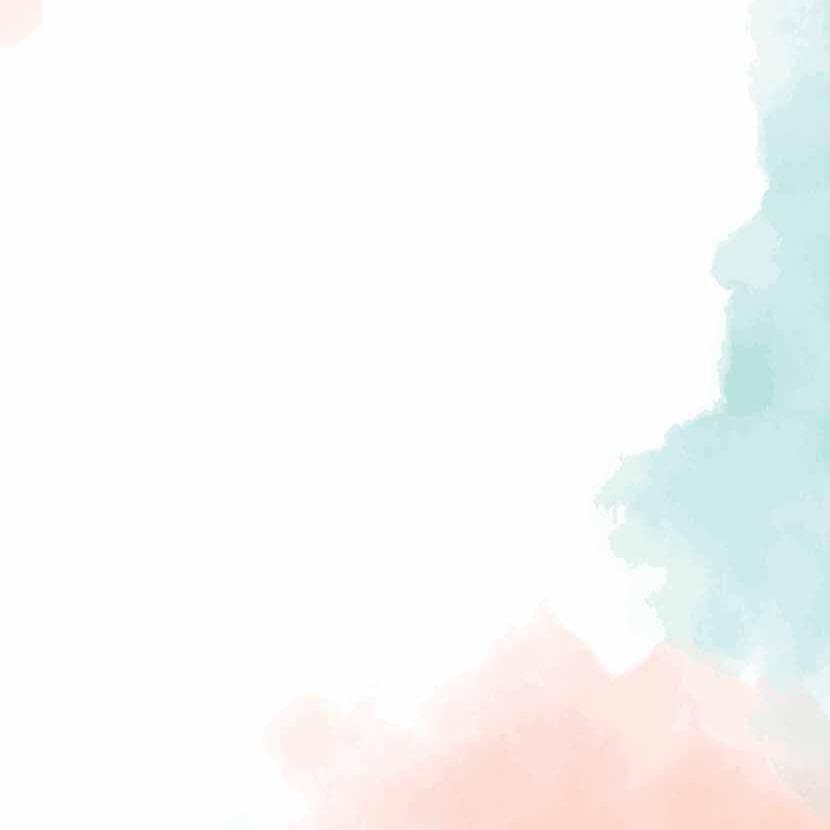
The following two pages are for you to write down your support people. This way the numbers are all in one place and easy to find.
The first support tree is for family and friends. On each gum leaf you, write names of those you know you can count on. This could be someone you could call for a yarn or someone who can take you to appointments or drop off groceries.
The second support tree is for organisations and health professionals/workers that can support you at this time. We have included some and you can add as many as you want. It’s your support tree.
Write
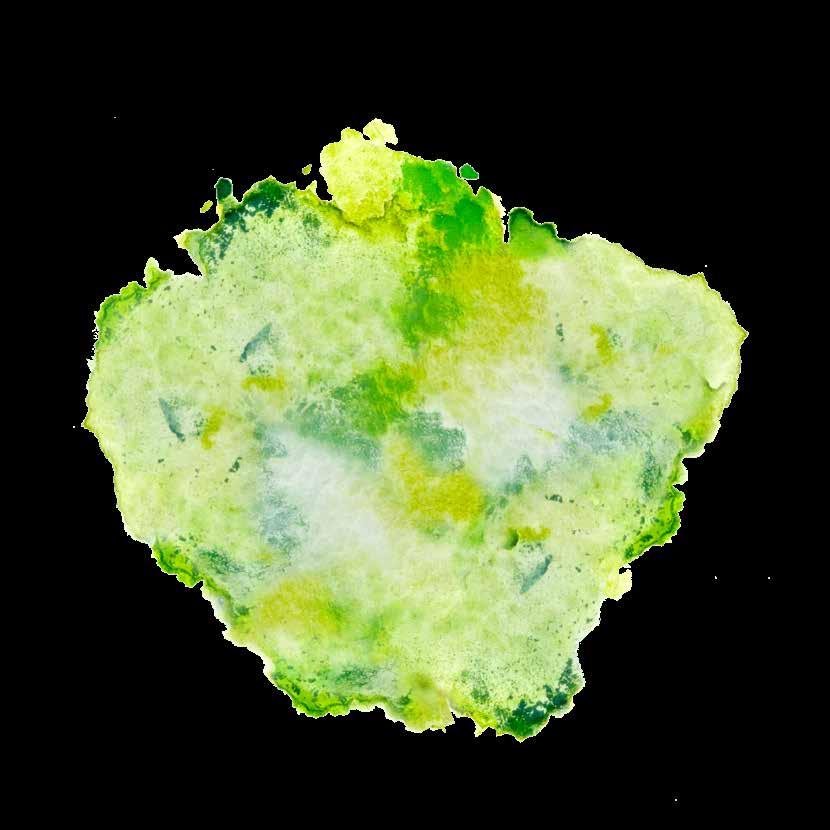
Sometimes it’s good to yarn with someone who is a professional, a support worker or a counsellor who has lived through an experience similar to yours. There are places that can support you, some of them are available 24 hours a day, 7 days a week.
You can add others to what we have put on here.
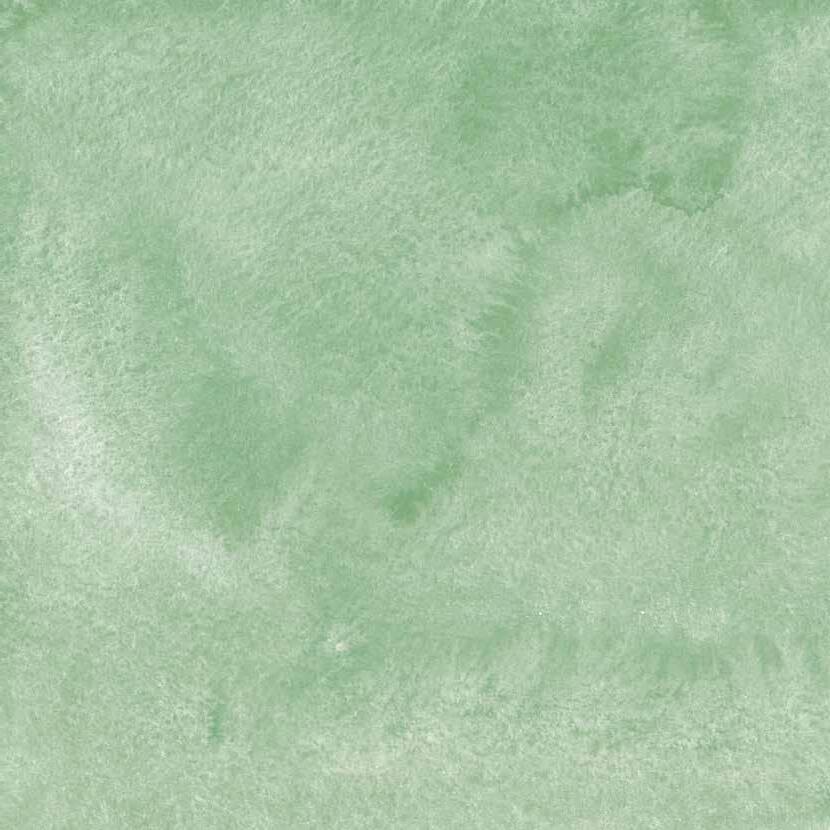
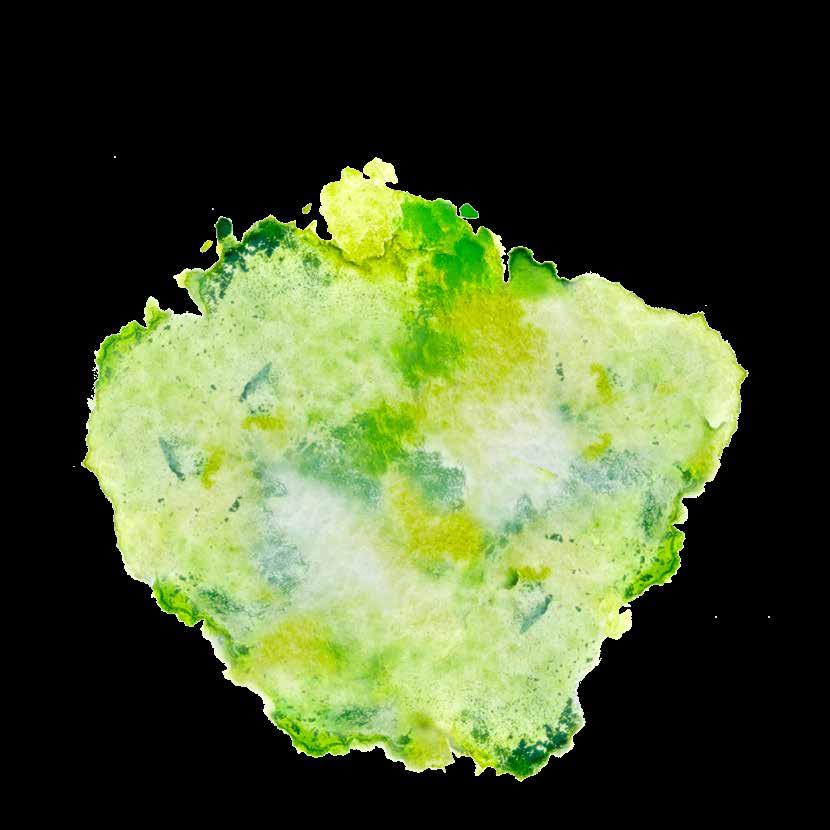
Your grief and healing process will take as long as it needs.
The first couple weeks after Bub was born probably felt overwhelming from emotions and birthing Bub. You will have had many hard yarns and made decisions you thought you would never have to make.
After a few months, many families comment on how their home suddenly felt quiet. Appointments are over, people may not drop around as much and if you have a partner, maybe they had to go back to work.
The hard decisions were made, you had a memorial service or funeral for Bub and you may have started to pack away some of Bubs belongings.
The months after Bub is gone can feel lonely. Remember you are not alone. You can keep reaching out to for support. There is no right way to grieve the loss of Bub, and there is no time limit on your grief. Your experience is yours only and it will be different to anyone else, even from your partner or Mum or anyone else who was close to you and Bub.

Honour your own journey and take your time.
Continuing to look after yourself after the loss of Bub is really important. Don’t turn to the grog or drugs to numb the pain. Stay strong, even when you don’t feel like you can.
Focus on your wellness and stay connected to your culture.
Some ideas could include: Join a face-to-face or an online loss and grief group. Sometimes it can be helpful to be around others who have had a bub pass away because they understand the journey.
If you don’t feel like yarning but want to get some feelings out, get a journal to write in. You can just scribble in it, write letters to Bub or write how you are feeling.

Go on Country. If you live off Country, go to your favourite spot in nature. Walk along with your feet on the ground, breathe in the air, touch the water, look at the stars. Being on Country connects us back to ourselves and can help calm us down. Find a hobby that makes you feel good. Have you tried painting? Basket weaving? Growing a garden? Choosing a sport?
“I never went ‘back to normal’ and it has been a couple years now. You don’t go ‘back to normal’ but you do get by. You change with the experience that happens to you. It took me a while to go back to my daily routine, to the things I used to do. About 6 months after Bub passed, I got back into netball, which I love playing. I got close again to my Mum too. We talk a lot more now, which is a good thing. She never had a baby pass before but she is a Mother so she knows how painful it would be for me. I found things that I could look forward to. I’ll never forgot my Bubba girl though, she is with me always.”

Whilst this guide was made for you in a time of Sorry Business for your Bub, we hope this guide has been supportive as you navigated the journey.
The journey of grief and healing doesn’t move in a straight line. We don’t get better everyday until the pain is gone. Grief moves everywhere and anywhere at different times. Some days we will be good and feel strong. Some days are so hard that we can’t think straight.
Grief hurts so much because we lost something precious that we love.
Grief is a love story about continuing on in your life journey without that loved one who passed.
Our bubs always have a part of them that stay with us, through their memories and in our hearts.
When you stand on Country, when you look at the stars, when you close your eyes, know that you are a proud parent of a beautiful Bubba and those feelings are yours that cannot be taken away from you.
We hold you close as you remember your beautiful Bub, now and always.
Njuma jiba pepeny
djarima jiba pepeny
galina jiba pepeny
yaguwa jiba pepeny
to know, my star baby
to hold, my star baby to love, my star baby to dream, my star baby
Dream well, little baby
In the sunset with moonrise you will remain
In the starry sky
I will see you again

Hold you my darling as the world falls asleep
In my heart I wish I could keep
You closer little baby, a little longer, my baby
On the riverbank, in your coolamon
In my arms little baby
And I know the world will miss you
As you fly back to the stars
We love you little baby
Dream well little baby
See you another time little baby
Forever in our hearts


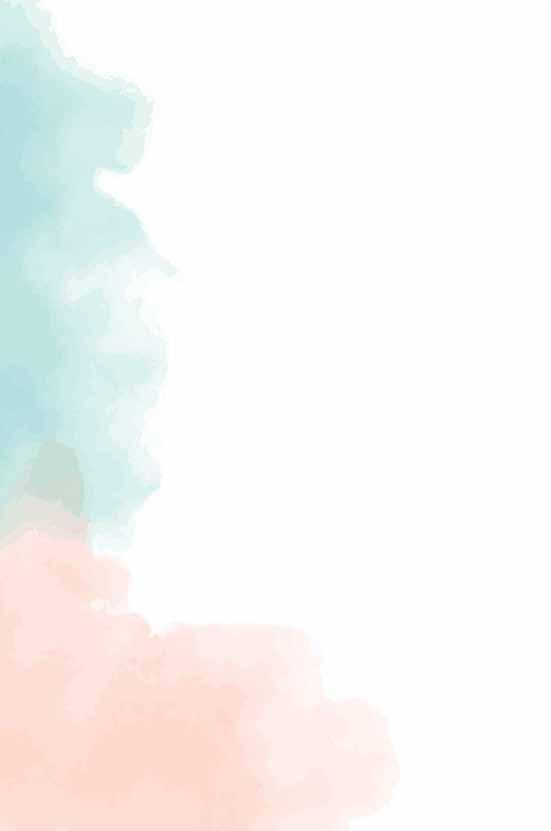
This guide was dreamed up on Wergaia Country in a little old railway house by Skye Stewart— a proud Wergaia and Wamba Wamba midwife, researcher, mother and artist.
We know that as Aboriginal and Torres Strait Islander people, we are more likely to lose our bubs in pregnancy or labour than our non-Indigenous friends. If we are mob that live rural or remote, there is an even higher risk. However, there were no resources or guides available to support us in our Sorry Business journey after losing Bub. We needed something that was made by us, for us because our ways of knowing, being and doing are so important.
Being connected to family, Country and Ancestors is a big way we heal in our health, wellness and grief. Culture is our protective factor and our way to healing. If we choose to, having access to ceremony, ritual, dance, song and story is our right and it needs to be understood and respected by our health care teams when they are caring for us in sorry business times. We wanted that reflected in this guide.
Over 30 Aboriginal and Torres Strait Islander people across 20 Aboriginal and Torres Strait Island Countries contributed time, stories, feedback, ideas, hopes and love to this guide— shaping it to what it is now.
We carried our peoples voices to create something that was needed and wanted by community.
The Stillbirth Centre of Research Excellence was the driving force in creating this opportunity to become a reality. We thank the many families, heath care professionals, researchers and community who supported this project. We thank the Indigenous Management team at the Stillbirth CRE, Deanna-Stuart Butler and Carolyn Lewis who were there every step of the way.
We thank the artist, Wergaia and Gormanjanyuk woman Annie Joy, who sits in her very own dusty art studio out in the
bush, painting to heal and share her stories. Her two pieces titled ‘Jiba Dreaming’ and ‘Waterholes’ are both pieces that reflect our spirit journey once we pass. And finally, we would like to acknowledge the families who lost their bubs. We see you and recognise your grief and loss in your sorry business. We hope you find comfort and care in these pages and receive all the love and support you deserve during this difficult time.
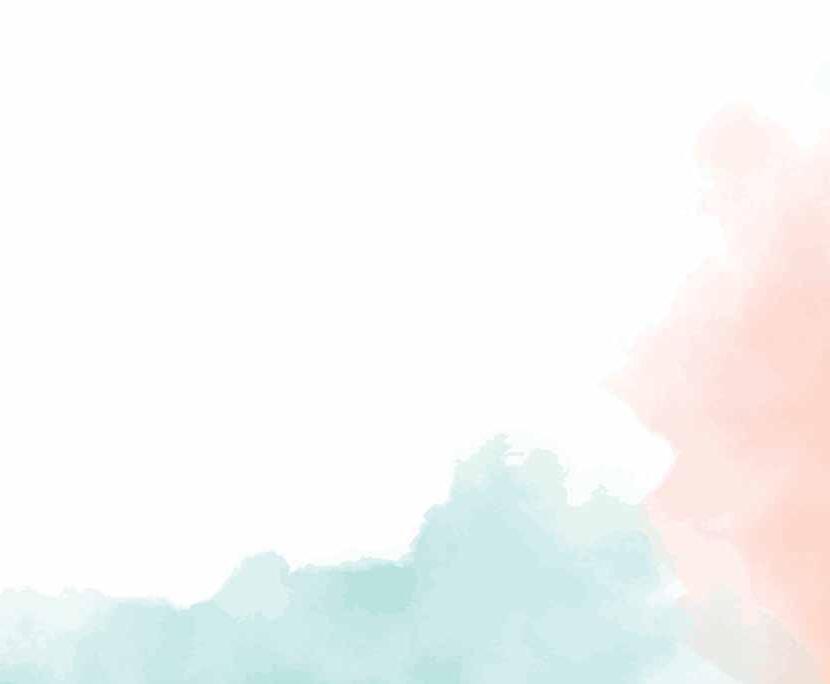

Jiba Dreaming
by Annie JoySpirit Babies by



 Skye Stewart
Skye Stewart
Waterholes
 by Annie Joy
by Annie Joy
The Holding by
Skye StewartWeaving back birthing on Country
 by Skye Stewart
by Skye Stewart
Resting in Gum Leaves by Skye
Stewart
